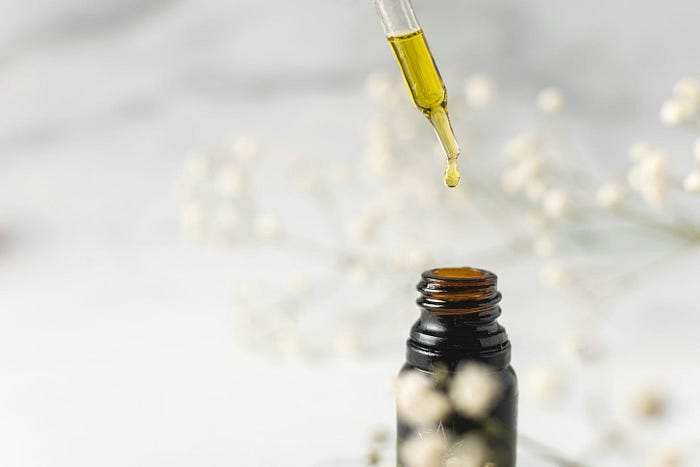Essential Oil Safety: Why You Should Avoid Ingestion
Written on
Understanding Essential Oils
Essential oils are concentrated extracts derived from various parts of plants, including leaves, flowers, wood, and roots. These oils are obtained through methods like distillation or mechanical pressing, and a significant amount of plant material is required to create even a small bottle. When purchasing essential oils, it’s crucial to buy from trustworthy suppliers to ensure quality. Beware of products that are diluted, adulterated, or of low quality. A reputable seller will provide information about their testing processes.
To maintain the integrity of your essential oils, store them in dark glass bottles in a cool, dark environment—basements are ideal. Treat essential oils with the same caution as you would with prescribed medications. Keep a dilution chart handy to ensure you’re using the correct amount of essential oil mixed with a carrier oil. Avoid applying essential oils "neat" or undiluted on your skin to prevent irritation, with the exceptions of lavender and tea tree oils. If you experience any adverse reaction, cleanse the affected area with unscented soap and apply a neutral oil.
Avoid ingesting essential oils or using them near sensitive areas like the eyes, ears, or nose. Steer clear of heat when using these oils and refrain from adding them undiluted to baths. Always consult a healthcare professional if you have any concerns. The safest application methods include using inhalers or aroma sticks.

Ingesting Essential Oils: A Risky Practice
I've come across numerous blog posts suggesting that readers add essential oils to their water. While this may seem like a trendy idea, it can be both costly and dangerous.
Highly Concentrated
Essential oils are potent extracts containing strong compounds that can overwhelm your system if ingested undiluted.
Toxicity Risks
Improper use of essential oils can lead to toxic reactions. For guidance on safe usage and dosage, refer to resources like Poison Control.
Digestive Irritation
These concentrated extracts can irritate the digestive system, potentially causing discomfort and inflammation in sensitive tissues like the mouth and stomach.
Lack of Regulation
Unlike food additives or medications, essential oils are not regulated for internal use, meaning there are no standard guidelines for purity or safety.
Drug Interactions
Essential oils can interact negatively with medications or supplements, which may reduce their effectiveness or cause adverse effects.
Allergic Reactions
People can be allergic to specific components of essential oils, leading to a spectrum of allergic reactions upon ingestion.
The Importance of Carrier Oils
Carrier oils are essential for safely using essential oils on the skin. Here are some key reasons for their use:
- Dilution: They reduce the potency of essential oils, making them safer for topical application.
- Skin Protection: Carrier oils act as a barrier, minimizing the risk of irritation from undiluted oils.
- Even Distribution: They help spread essential oils uniformly, ensuring smooth application.
- Extended Coverage: Carrier oils enable a larger area of application with minimal essential oil.
- Moisturization: Many carrier oils have hydrating properties that complement the effects of essential oils.
If you found this information helpful, explore my books at www.skincarecookbook.com.
Chapter 2: Video Insights on Alcohol Consumption
Discover informative approaches to managing alcohol consumption through these resources.
The first video titled How to Stop Drinking Alcohol - Full Course for Beginners - YouTube offers a comprehensive guide for those looking to reduce their drinking habits.
The second video, 6 Steps to STOP or CUT DOWN Drinking ALCOHOL | Doctors Guide - YouTube, outlines practical steps recommended by healthcare professionals for cutting down on alcohol intake.